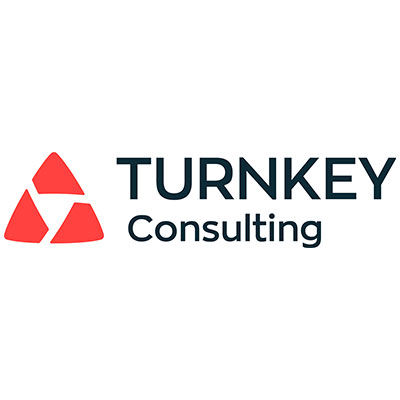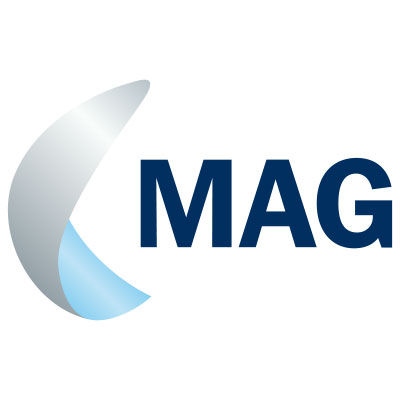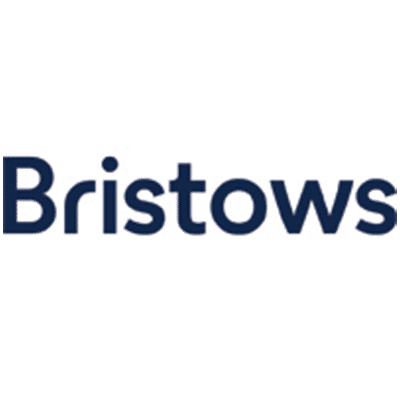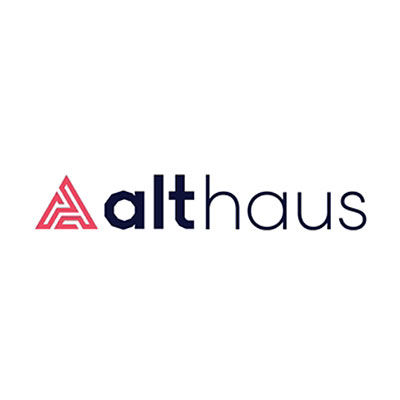
IT Graduate Schemes
Stepping out of university and into the world of work can be daunting, especially in the fast-moving world of tech. But that’s where graduate IT schemes come in. These structured programmes offer a unique opportunity to build real-world skills, gain industry experience, and explore different areas of IT, all while getting paid and supported by experienced mentors.
Sounds like something you’re interested in? Read on to find out all you need to know about graduate schemes in IT.

How do they work?
An IT graduate scheme is a structured, full-time program offered by companies to recent graduates. It’s designed to train and develop future IT professionals through hands-on work, formal training, and mentorship.
It can be quite difficult to understand the difference between a grad scheme and a normal job you get after graduation, so we summarised the key points below for you:
GRADUATE SCHEME
Let you experience other departments to better understand the business
Offer you a permanent contract if you work super hard
Structured around specific learning objectives
Formal training is given from the start, with the majority of your role focusing on self-evaluation and assessment
Go live in September during your final year at university and close again in November
GRADUATE JOB
You'll stay in one team and role, and it's your decision whether to move on
Focus on what you can bring to the business and how you can help it grow
Unstructured (though standard training is given)
Your manager will set you daily and weekly tasks and check in to see how you're doing
Applications go live as and when the role becomes available
IT graduate jobs or schemes aren’t exclusive to those with an IT degree. Anyone can do them. You’ll likely start your career in an entry-level role and move up the ranks once you learn the ropes. Having experience or a website/portfolio will boost your job prospects massively.
Types of graduate IT jobs
There are so many roles available for IT graduates that it depends on what your career goals are. Then what you do within your chosen field is also extremely varied. So what’s out there? Here are a couple of examples.
Game developer
If you’ve spent your degree developing anything from games for consoles to mobile play RPGs, you can take that experience into a graduate role creating entertainment for the masses. As a graduate game developer, you’ll:
Write clean and efficient code for gameplay systems, user interfaces, and game logic
Test and debug game functions to ensure a smooth gaming experience
Stay updated with the latest trends and technologies in game development.
Software tester
Going hand in hand with software development, you’ll spend your time testing software to improve quality and reduce the risk of anything going wrong when the software is eventually released. These can be anything from operating systems to apps and programs. Some tasks will include:
Learning and applying various testing techniques
Assisting in the creation of test plans and test cases
Executing test cases and documenting results.
Web developer
Web developers, especially front-end developers, are responsible for building the user-facing parts of websites and web apps. This includes how things look and behave in the browser, using a mix of design and coding. It's a good mix of creativity and logic, and you'll often collaborate with UX designers and back-end developers. Typically, your responsibilities will look like:
Building responsive web pages using HTML, CSS, and JavaScript frameworks like React or Vue.js
Collaborating with designers to bring mockups and prototypes to life
Debug and test websites to ensure cross-browser compatibility and performance
Data Analyst
Data analysts and scientists interpret large amounts of data to discover trends, solve business problems, or build predictive models. Analysts focus more on reporting and insights, while data scientists create more advanced models using machine learning. Both roles are crucial for data-driven decision-making. What you'd typically do:
Collect, clean, and manipulate data using tools like SQL, Python, or Excel
Create dashboards and visualisations to present insights (e.g. with Power BI or Tableau)
Identify trends, correlations, and actionable findings to support decision-makers
Business Analyst
Business analysts act as a bridge between IT teams and business stakeholders. They gather and translate business requirements into technical specifications, helping ensure projects meet the organisation’s needs. You’ll typically have the following tasks as a business analyst:
Gather and analyse business requirements from stakeholders
Document processes and propose tech-based solutions to improve efficiency
Work with developers and testers to ensure the correct implementation of features
AI or machine learning engineer
AI and ML engineers develop systems that can learn from data and make decisions or predictions. It involves both theoretical knowledge (maths, statistics) and practical programming skills. It’s a cutting-edge, fast-evolving area with applications in everything from healthcare to finance. You'd typically:
Design and train machine learning models using Python and libraries like TensorFlow or Scikit-learn
Preprocess large datasets and engineer features for model accuracy
Evaluate and deploy models into real-world applications or services
The IT industry offers such a varied career, and you can keep your work more general or even specialise in one area. Either way, you can rapidly climb the career ladder with IT experience under your belt.
Ready to see what opportunities we have?
APPLY FOR AN IT GRAD ROLEWhich companies offer IT graduate schemes?
There are employers all around the UK who offer graduate schemes in the IT sector. There are small firms and massive firms all across different industries. Here are some of them:
How much do you get paid in an IT graduate scheme?
This will depend on your employer and your location. If you’re based in London, you will normally get paid a bit more to help cover your living costs. On average, IT graduates earn around £30,500 a year. But it’s always best to check with the employer before you work out your living arrangements.
Also, once you have finished your scheme, with your new skills and experience, you can progress through your company or industry to become the head of a department or more. Those titles especially earn big, so definitely something to work towards.
What qualifications do you need for an IT graduate job?
Most employers will ask for at least a 2:2, but some will prefer a 2:1. The majority of schemes will also ask for a specific degree disciplines like computer science, but this is not always the case.
It’s always best to check with the employer what their entry requirements are. Normally, they are listed on the job description.
Having an internship or placement year will also help you stand out, especially if you have done one in the IT industry.
When should I apply for an IT graduate role?
That will depend on when you want to start your graduate job. Know that a lot of companies hire graduates up to two years after they graduate from university, so you don’t have to start right away. You can go travelling for a bit if you want.
However, if you want to start the same year you graduate, it’s best to start looking at the beginning of your final academic year. So around September/October, the year before you want to start. But don’t stress yourself out if it’s already past that, we have plenty of IT grad roles on Higherin all year round.
How to apply for an IT graduate role
You want to do your research. It’s so important for you to know what exactly you want from your grad scheme so you know what to look for. But do remember you will most likely be rotating around a couple of departments.
Why don't you use us at Higherin to find a graduate scheme? We have tons of IT grad schemes every single year. Even right now.
Make sure you’re ready for the application process. Get your CV and cover letter sorted, as quite often those are requested near the beginning of the application stage.
Apply for IT graduate roles
Ready to start your career? See what graduate jobs in IT we have live right now:

























